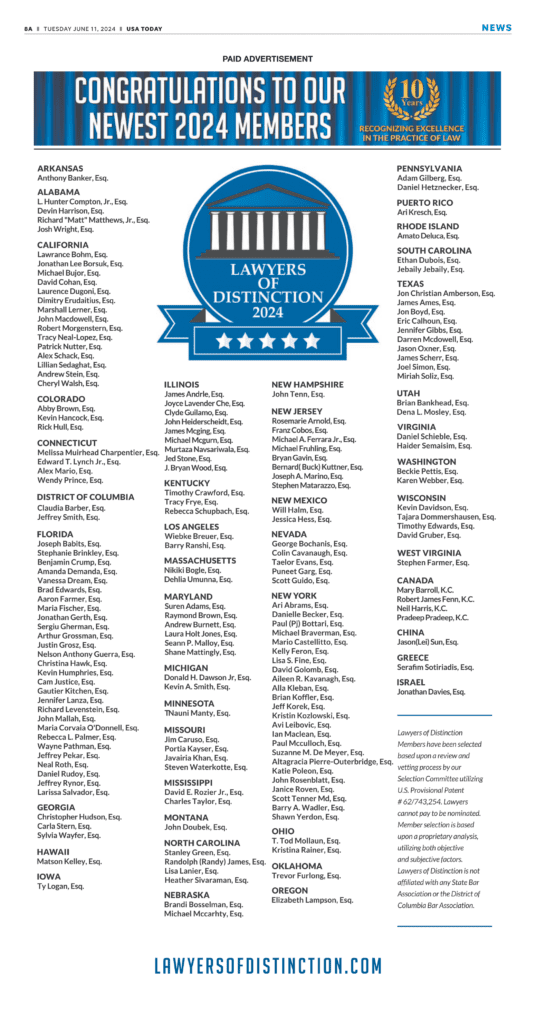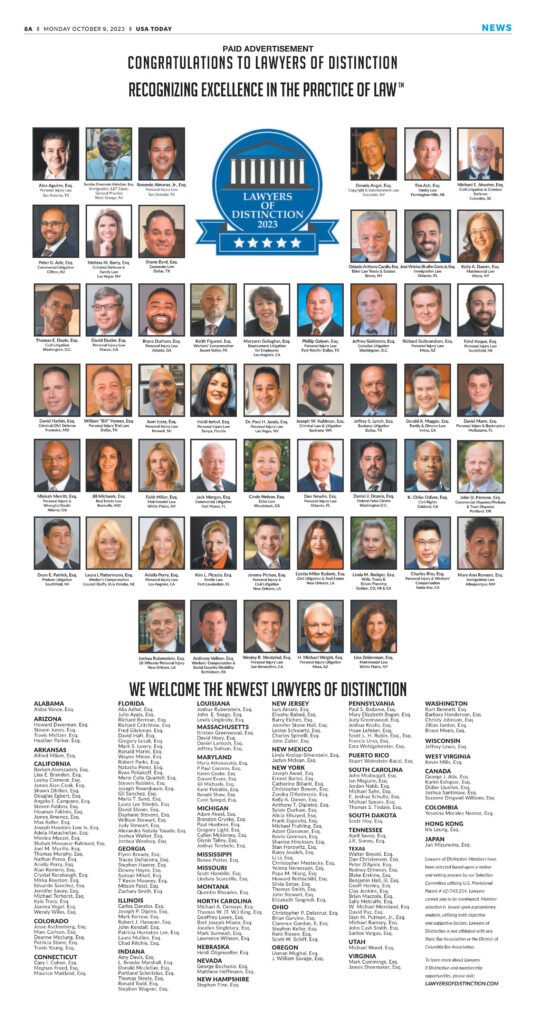Scam Alert – Employment Lawyers Being Targeted by Phishers and Scammers
There is a new scam that has been targeting employment plaintiff lawyers specifically. The scam is similar to the “Nigerian Prince” scam that had been popular in the past. The “Nigerian Prince Scam,” also known as an “Advance-Fee Scam,” is a type of fraud that usually involves a victim who is requested by the scammer to advance an upfront amount of money with promises that in exchange for the small upfront amount, the victim will be given a large sum of cash. Usually what happens is that after receiving the small upfront payment, the scammer then requests more upfront payments, or just disappears.
In terms of this new scam targeting employment plaintiff lawyers, there have been many variations of the scam, but most times the scams come in the form of an email communication. In almost every instance of this new scam, there are signs that point to this communication being a scam. Some of the more common signs that indicate the scam include: there is very limited details presented, spelling and grammatical errors, vague references to the law in your jurisdiction.
Over time, scammers have gotten more and more sophisticated and have recently begun targeting employment plaintiff lawyers. The scammers, knowing that most lawyers are usually trying to make more money quickly, send an email asking for assistance with the hope the lawyer will eager respond and take the case. Below is an example of an email scam targeting an employment plaintiff lawyer:
 As you can see below, this email is filled with the signs that were mentioned above: limited details, spelling and grammatical errors, and so on. It has been said that some of the lawyers who fall for these scam emails, then begin engaging with the scammer. When the lawyer starts asking for different documents to help them represent the client (scammer), these scammers have begun providing fake documents to help corroborate their story and claim. Employment plaintiff lawyers need to be on the lookout for these emails and make sure if they have the slightest inclination this may be a scam to not open the email and report it to the appropriate authorities.
As you can see below, this email is filled with the signs that were mentioned above: limited details, spelling and grammatical errors, and so on. It has been said that some of the lawyers who fall for these scam emails, then begin engaging with the scammer. When the lawyer starts asking for different documents to help them represent the client (scammer), these scammers have begun providing fake documents to help corroborate their story and claim. Employment plaintiff lawyers need to be on the lookout for these emails and make sure if they have the slightest inclination this may be a scam to not open the email and report it to the appropriate authorities.




